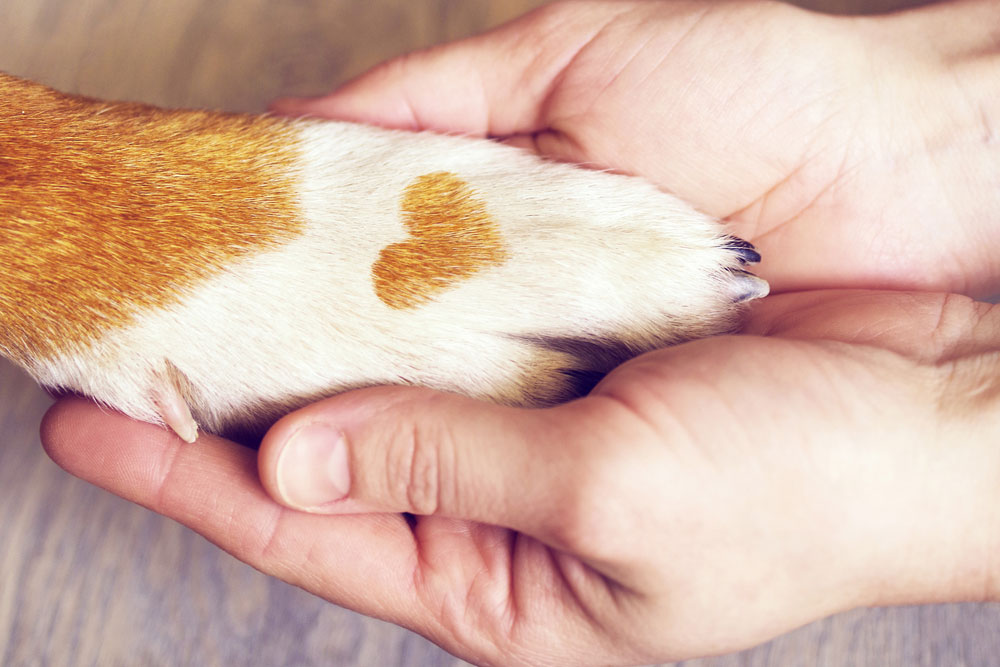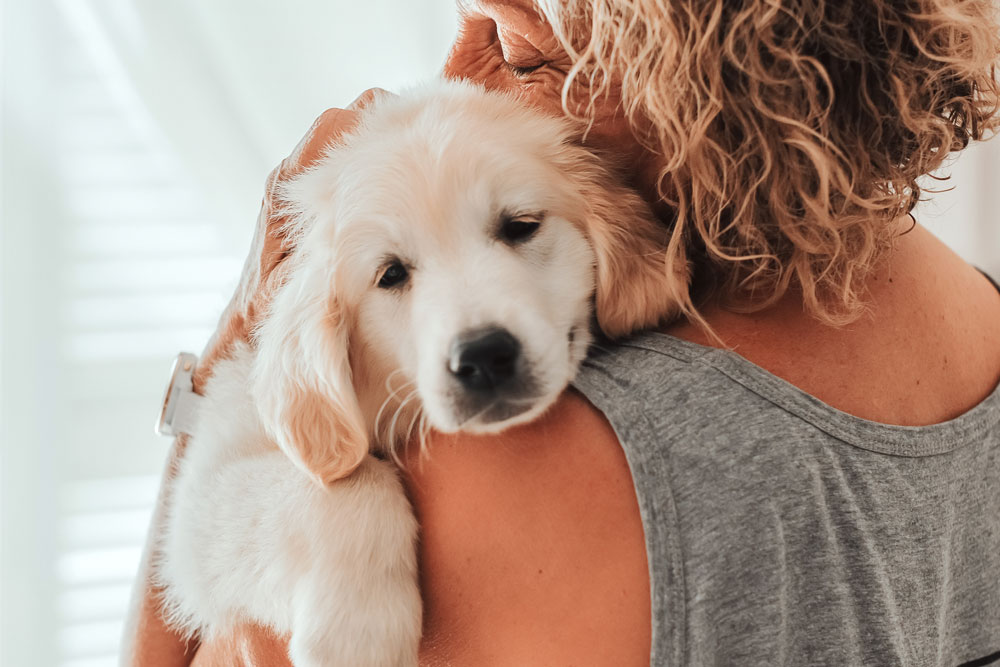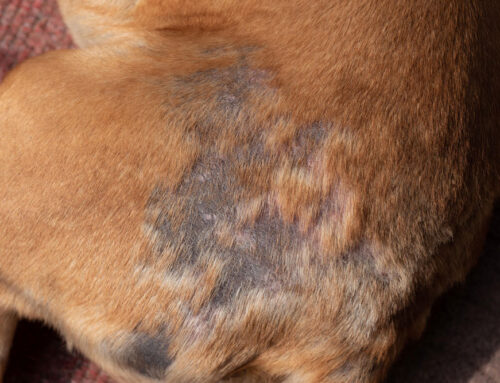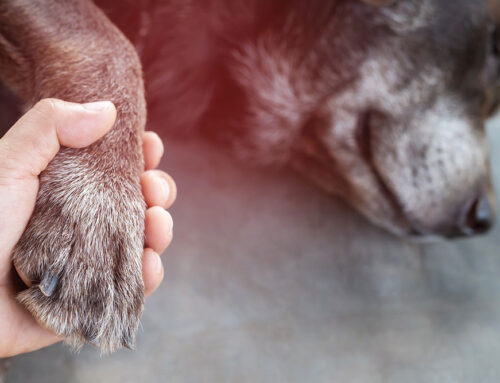Understanding Stress and Anxiety in Pets: A Guide for Saylorsburg Pet Owners
As pet owners in Saylorsburg, it’s crucial to recognize that stress and anxiety are not just human conditions; our pets experience them too. Addressing these issues is vital for the health and well-being of our beloved animals. At Creature Comforts Veterinary Service, we understand the unique environmental and social makeup of Saylorsburg that can influence your pet’s mental health..
Recognizing Stress in Dogs
Dogs communicate stress in various ways, some of which might not be immediately obvious. Common signs include pacing, whining, and excessive licking. These behaviors suggest discomfort and the need for attention to their mental state. Understanding these signals is the first step in providing the necessary intervention and support.
Physical Signs of Canine Anxiety
Several physical signs can indicate anxiety in dogs:
Shaking or Trembling: This can occur in situations of nervousness or fear. It’s crucial to observe the context of these episodes, as stress-induced trembling can sometimes be mistaken for a cold or other physical ailment.
- Decreased Appetite: Anxiety can lead to a lack of interest in food, which, if persistent, may result in weight loss and nutritional deficiencies.
- Avoidance Behavior: Hiding or avoiding people or other pets can be a sign of stress. This withdrawal can lead to a lack of social interaction, crucial for a dog’s mental stimulation and emotional well-being.
Behavioral Changes in Stressed Dogs
Behavioral changes are often the most noticeable indicators of stress in dogs:
- Changes in Interaction: Dogs may become less social or overly clingy. A once-independent dog might suddenly follow you everywhere, or a social butterfly may retreat to corners.
- Aggression or Destructive Behaviors: These actions may surface as a response to anxiety. Chewing furniture, digging excessively, or unexpected bouts of snapping or growling can often be traced back to stress.
Learn more about separation anxiety in dogs from the ASPCA.
Identifying Anxiety in Cats
Cats may display stress differently, and understanding these signs is crucial for their health. They are often more subtle in their expressions of distress, which can sometimes be misinterpreted as normal feline aloofness.
Physical Symptoms of Feline Anxiety
Cats suffering from anxiety might show:
- Over-Grooming: Excessive licking leading to hair loss. This behavior can sometimes result in skin infections or sores, complicating the pet’s health further.
- Changes in Eating Habits: Eating too much or too little can both be signs. Significant changes in weight can affect a cat’s overall health, leading to potential issues like obesity or malnutrition.
- Litter Box Issues: Avoiding the litter box or other changes in bathroom habits can indicate anxiety. This issue needs attention, as cats are inherently clean animals.
Behavioral Indicators in Anxious Cats
Behavioral changes in cats can be subtle but significant:
- Hiding: More frequent than usual. Cats may seek out high or enclosed spaces where they feel secure.
- Increased Vocalization: Meowing more often or more loudly. This could indicate they are trying to communicate discomfort or seek attention and reassurance.
- Sudden Aggression: Uncharacteristic aggressive behaviors towards humans or other pets can disrupt household harmony and needs immediate attention.
Identify specific stress triggers in cats with this resource.
Causes of Anxiety and Stress in Pets
Pets can become stressed or anxious due to various reasons:
- Loud Noises: Such as thunderstorms or fireworks. Noise phobias can lead to long-term anxiety if not addressed early.
- Changes in Environment: Moving to a new home or changes within the home. Even minor changes like rearranging furniture can affect sensitive pets.
- Separation Anxiety: Difficulty in being alone when family members are away. This can lead to destructive behaviors and self-harm if not managed.
Deepen your understanding of separation anxiety in pets here.
Helping Your Pet Cope with Anxiety
Helping your pet manage anxiety involves several strategies that can significantly improve their quality of life.
Environmental Modifications for Stress Reduction
Creating a calming environment can greatly help anxious pets:
- Quiet Spaces: Ensure your pet has a quiet place to retreat. Consider setting up a designated “safe zone” with comforting items like favorite toys and blankets.
- Anxiety Wraps: These can provide comfort during stressful times by applying gentle pressure, similar to swaddling an infant.
- Pheromone Diffusers: These mimic calming chemical signals naturally produced by animals, promoting a sense of peace and security.
Behavioral Therapies and Training
Behavioral modification can be crucial:
- Training programs can help manage anxiety. Positive reinforcement techniques are particularly effective in building confidence and reducing stress triggers.
- Consider a professional behavioral consultation for severe cases. A tailored approach by experts can make a significant difference in your pet’s mental health.
Learn how to make veterinary visits less stressful for your pet.
When to Seek Professional Help
Knowing when to seek help from a professional is key to managing your pet’s anxiety effectively.
Veterinary Interventions for Anxiety
Creature Comforts Veterinary Service can offer:
- Diagnosis and Treatment: For severe cases of anxiety, professional diagnosis and treatment are crucial. Treatments may include medications tailored to your pet’s specific needs.
- Emergency Situations: An emergency may arise if your pet is harming itself or others due to anxiety, such as severe scratching or biting. Immediate veterinary intervention is necessary to prevent further harm.
Contact us today to get started on a plan for your pet’s health.
Alternative Treatments and Therapies
Options include:
- Acupuncture and Chiropractic Services: These can help manage stress and anxiety non-invasively by promoting relaxation and balance in the body.
- Laser Therapy: Beneficial for a variety of conditions, including anxiety, by reducing inflammation and pain, which can often exacerbate stress.
Explore alternative medicine options at Creature Comforts.
Preventing Stress and Anxiety Long-Term
Long-term strategies are essential for preventing stress and anxiety:
- Regular Veterinary Check-Ups: To monitor health and prevent issues. Early detection of stress-related health problems can prevent escalation.
- Proper Socialization: Helps in building confidence and reducing anxiety. Exposing pets to different people, environments, and situations can prevent anxiety from developing.
- Stable Environment: Keeping a routine and predictable environment helps reduce stress. Consistency in feeding, playtime, and sleep schedules can provide a sense of security.
Learn more about wellness and preventative care at Creature Comforts.

FAQs: Managing Pet Stress and Anxiety
What are common signs of stress and anxiety in pets?
Common signs include changes in appetite, increased vocalization, avoidance behavior, aggression, and over-grooming.
Can stress and anxiety in pets lead to other health issues?
Yes, prolonged stress can weaken the immune system, leading to increased susceptibility to infections, and can exacerbate conditions like gastrointestinal issues.
How can I help my pet during a thunderstorm?
Provide a safe, comfortable space away from windows, use white noise or calming music to mask loud sounds, and consider anxiety wraps or pheromone diffusers.
When should I consult a veterinarian about my pet’s anxiety?
If your pet’s anxiety is affecting their daily life, causing self-harm, or resulting in destructive behavior, it’s time to consult a veterinarian.
At Creature Comforts Veterinary Service, we understand that stress and anxiety can significantly impact your pet’s well-being. Whether it’s caused by separation anxiety, vet visits, loud noises, or changes in routine, prolonged stress can lead to behavioral issues and health concerns. Recognizing the signs—such as excessive licking, pacing, hiding, or destructive behavior—can help you intervene early. Our team is here to offer personalized guidance, behavioral counseling, and stress-reducing strategies to help your pet feel safe and secure.
If your pet is struggling with anxiety, we’re here to help—contact us today.







Leave A Comment